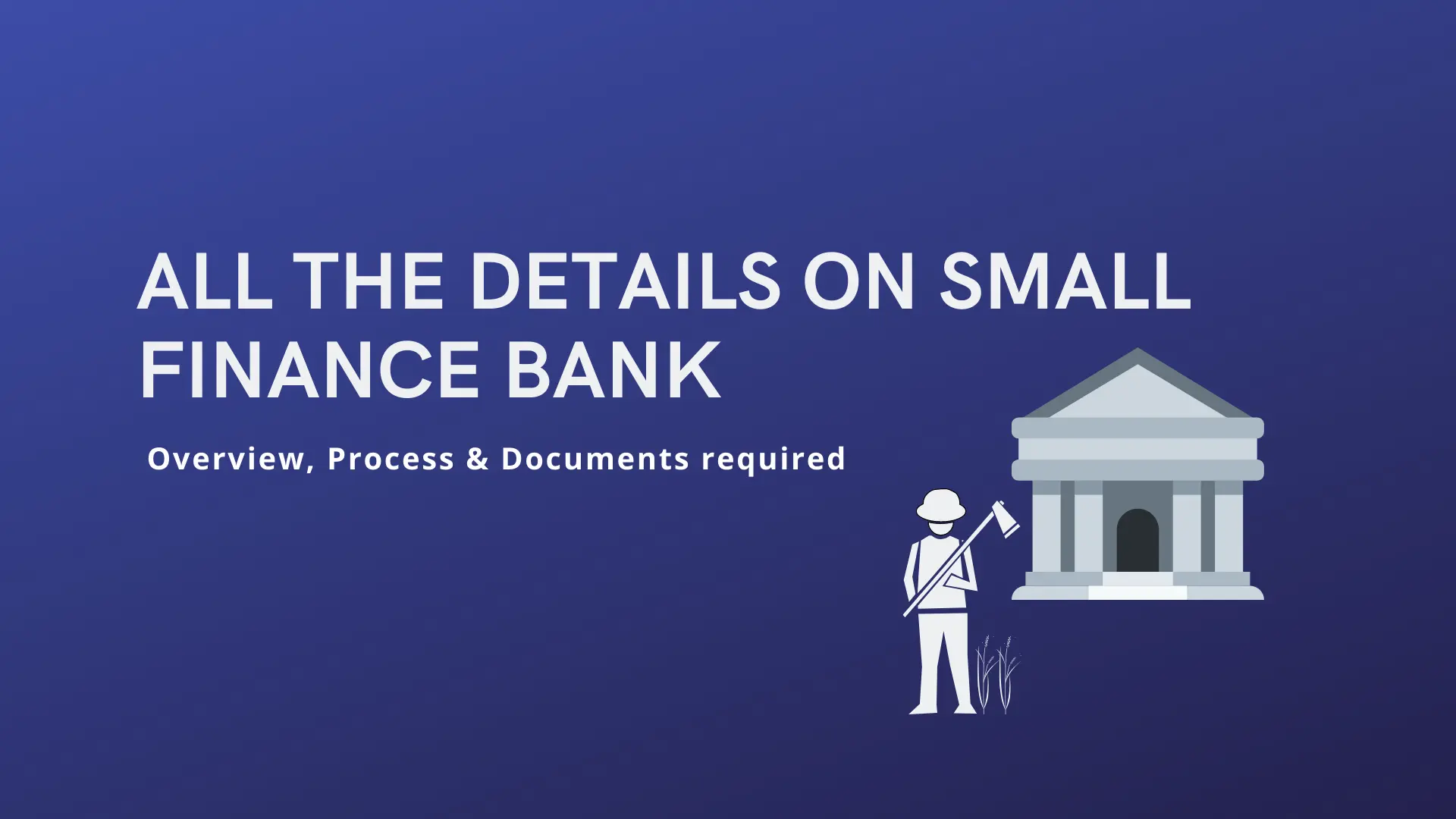

How To Help Employees Cope With Emotional Retirement
Retirement is a big part of people’s lives. It signifies a very abrupt change to your life, even if you have been preparing for retirement for a long time. In the beginning, it might feel like a long holiday, and you will probably enjoy that time. But after some days and weeks, the boredom sets in, and retirees will have difficulty coping with retirement and many seemingly empty years ahead of them. Preparing your employees for retirement can help them in navigating their life and coming up with plans for their free time. Read on to see how to help your employees cope with emotional retirement.
Going Through Emotions
As with any change in our lives, retirement can create different emotions for your employees. You should take the time before retirement begins to talk with your employees and prepare them for a possible roller-coaster of emotions that they will go through. Many employees will first feel happiness and excitement for retirement. It will feel like a very long holiday they have always wanted. It’s a new and exciting feeling, but it usually doesn’t last forever. After this feeling fades, new retirees may start to feel bored or even anxious. These are all normal feelings. Finding new hobbies and ways to deal with these emotions like reading, walking or light exercise can really help retirees.
Set Goals
Your employee has probably been working for many years before retirement. This included set deadlines, milestones, projects and events that they were looking forward to and that made an impact on their lives. Retirement can feel uneventful, empty and sometimes confusing. Setting goals can aid in these new situations and times, and may give structure to your employee’s life. Goals don’t always have to be work-related. They may include new hobby or project milestones, but they can also include traveling, recreation goals, even reading a certain number of books. Create an outline of goals with your employee to help them start their retirement with a sense of purpose and accomplishment.
Create Structure
Most people are used to some structure in their daily lives. It keeps them from „spending“ their time doing something unproductive. A big problem in retirement is that the days become free and empty. You don’t have a job to go to, which means you can’t work your life around a set task. If your employee likes to have a set schedule, you could help them in creating a new one for their retirement. This schedule can include various activities like exercise, volunteering, hobby time, spending time with your family, etc. This first plan can be an outline that your employee can change over time to fit their needs.
New Career
Going to retirement doesn’t mean you will have to stop working completely. If you are able and in good shape and health, why not try a new career for your retirement days? There are many jobs that are usually part-time or remote for retirement, also called „bridge“ jobs, for you to try out. Having a job, even though it’s not as stressful or full-time as your previous one, will help you both mentally and physically. You can find a similar job that you had, but why not try out something completely different? There’s no better time than now. It will also give you an opportunity to meet new people and expand your circle of friends. Look for such jobs in your community or on the internet.
Transition to Retirement
A big part of the retirement problem for your employees is that retirement may have been abrupt. Even though they know they will go to retirement, the sudden stop of work can feel confusing and difficult to navigate. There are many ways you can help your employee in transitioning to retirement and it includes employee separation management. If possible, you can set your employee to be a mentor for others. This can help in them getting closure while passing on knowledge. You can also offer to reduce the number of working hours gradually, so they can get used to having less work.
Financial Planning
Retirement means a different amount of income that your retiree has to get used to. Even if they have been saving for a long time, they may have to adjust their spending in retirement. You should help your employee way before retirement begins, so they have enough time to prepare. You can offer financial planning sessions to help them make proper plans that will work for them. The retiree should figure out what they want to do while retired so they can set aside enough money and make plans accordingly.
Retirement can be a big source of joy for many employees. It gives you free time for all the activities you wanted to try. But sometimes it can be a difficult time and it can create stress and boredom. Talking with your employees and creating plans can help them when the time comes for them to retire.




![Microsoft Excel: [SOLVED] Excel File Slow To Respond Issue](https://images.yourstory.com/assets/images/placeholder.png)


